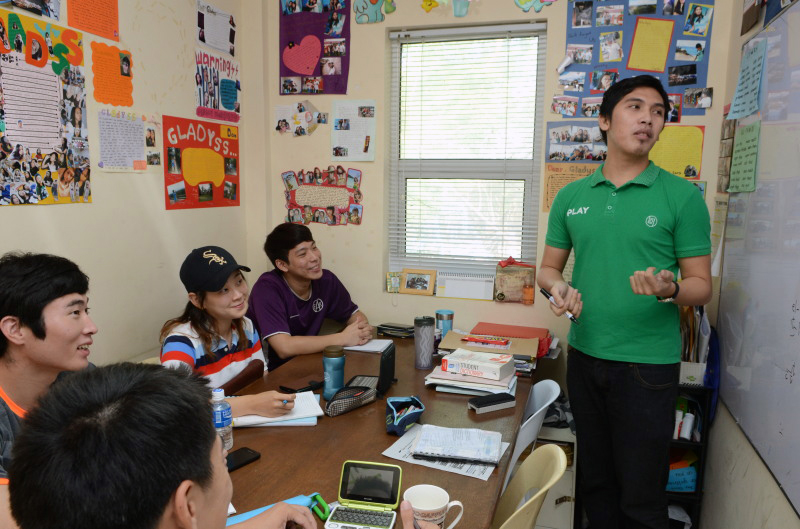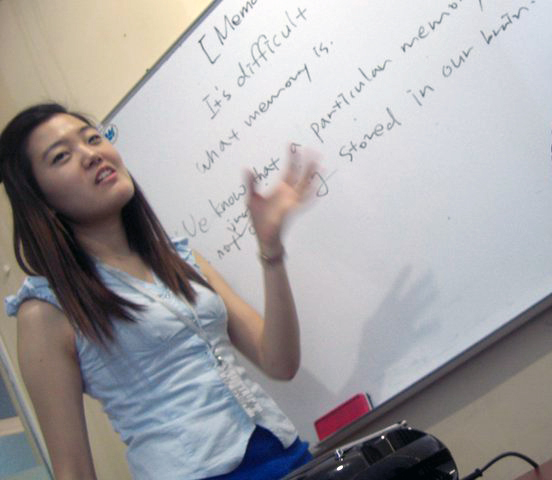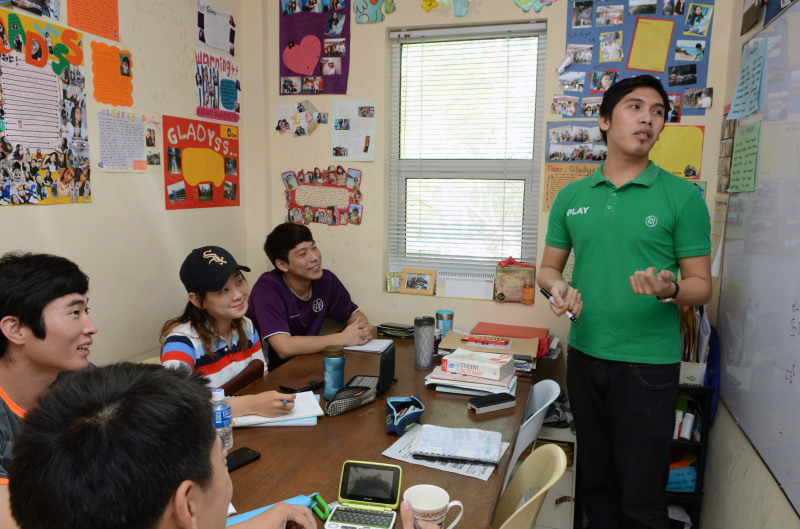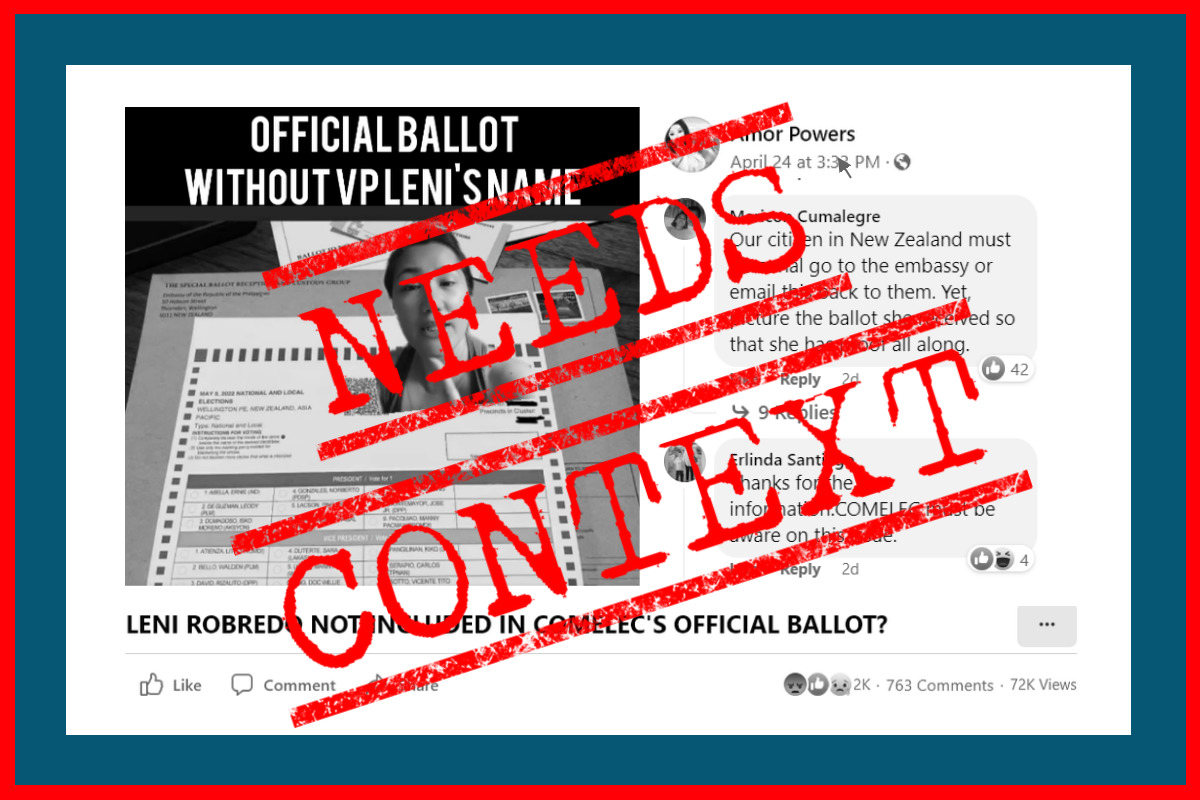
By MA. THERESA ANGELINA QUINTANA-TABADA
FOR Japanese student Keiko Abe, Cebuanos’ ease with English in and outside classrooms is a reason she is studying in Cebu City.
And the University of the Philippines Cebu junior, who chose to move from Manila to Cebu three years ago, enjoys this bonus: “Cebu can offer better service (at a) lower price,” training foreigners like her on English as a second language (ESL).
Yet in this Central Visayas province where education tourism is helping drive the economy, English is not the only language getting attention from Cebuanos.
Cebuano, the mother tongue, is at the center of an impassioned drive to preserve and promote local heritage.
Under the K to 12 Basic Education Program launched this schoolyear by the Department of Education, Cebuano is one of 12 mother tongue languages introduced to the curriculum to facilitate learning at the primary level.
This early, critics fear that learning the mother tongue alongside Filipino and English will overburden first-graders.
The promotion of Cebuano also worries Abe who fears it may interfere with Cebuanos’ mastery of English. “The Philippines is an English-speaking country, but it doesn’t mean that everyone possesses the skill to speak fluently like native speakers,” she said.
It’s not a perception shared by educators and language experts.
“Proficiency in the first language determines or influences one’s capacity to acquire another language,” said Marryl Giela Erojo, a Maryland-certified special educator who teaches Early Childhood Education at Sacred Heart School-Ateneo de Cebu.
She points to countries with the “best educational system,” like Norway, Finland and Japan, that use their first language as medium of instruction.
“Most Filipinos have a good command of the English language, not because we speak it often but because we were taught well,” she said.
Erojo said the exodus of teachers for overseas jobs is the real challenge for Filipinos. Teachers also now need to develop appropriate materials to teach in the mother tongue.
Despite finding it “a bit challenging” to use Cebuano as medium of instruction with students of different ethnicities, many of whom either fluently speak English or desire to be more proficient, Erojo favors the K to 12 promotion of the mother tongue as foundation for learning in Filipino and English.
“We have for the longest time insisted on English as our medium of instruction yet we seem to have brushed off the fact that we are all estranged from our Filipino heritage as a result of that,” she said. “It’s alarming that only a few seem to see that problem. We seem to be trying so hard to sound American, think American and look American. Clearly, the Filipino is slowly losing his identity.”
Jesus B. Garcia Jr. remembers learning English in school “at the expense of the Cebuano language.” Students were penalized then for speaking Cebuano within the school premises, said the chairman of the board of Sun.Star Publishing Inc., which produces Sun.Star Cebu, an English daily; Sun.Star Superbalita, a Cebuano daily; and Bisdak Magasin, a Cebuano weekly magazine.
“The Cebuano language, it seemed, was a second-class language that had to be rapidly replaced with English if one is to be considered cultured or educated,” he said.
To get past this bias, Garcia translated into Cebuano Kahlil Gibran’s The Prophet and self-published Ang Propeta in 2009.
That same year, Akademiyang Bisaya (The Visayan Academy of Arts and Letters Foundation Inc.), of which Garcia is a member, published the first edition of The English-Visayan-Cebuano Dictionary.
The project took 10 years to complete as different organizations were consulted to standardize Cebuano orthography, grammar and syntax.
The sustained promotion of Cebuano, however, is not supposed to eclipse Cebuanos’ mastery of English.
“Akademiyang Bisaya’s promotion of the Cebuano-Visayan language is not anchored on the government’s K to12 policy but on DECS Department Order No. 74, which mandates the use of one’s first language—the language of one’s family and community—to learn Filipino and English,” said Garcia. “This mandate implements the findings of Unesco…that proficiency in second and third languages can be acquired more effectively if one starts with one’s native language.”
UP Cebu senior Charisse Ursal supports Akademiya’s promotion of Cebuano but believes many Cebuanos will choose to hone their English skills as it will be more profitable for them. Ursal said it is her command of English that has enabled her to earn even before graduation, as a correspondent of the Philippine Daily Inquirer.

English language trainer Gregg Lloren sees proficiency in English as a ticket for Filipinos to escape drudgery. Of all the clients he has trained to pass English proficiency tests, he found the most fulfillment helping butchers, who sometimes went to class with bloodied shirts, apply for an Australian working visa.
Like Erojo and Garcia, poet and writer Gémino H. Abad sees no clash between English and Cebuano.
Initiatives promoting local heritage, especially the mother tongue, were not diluting but even empowering Cebuanos’ mastery of English, said the UP Diliman University professor of English and Comparative Literature who lived in Cebu until he was 10.
“The more languages I have, the better for me as a writer,” Abad said. “You lose a language, you lose a way of perception.”
He added that the country’s rich body of works in Spanish, English and indigenous languages other than Filipino argued for sensitivity and diplomacy in promoting languages to avoid “linguistic imperialism.”
Observing how her daughter Bea, at five, speaks better English while also learning to express in Cebuano, Erojo believed that, linguistically, one can have the best of all worlds through education. “I find it an insult to my being a Filipino if I am unable to speak, write and understand my first language. As a Filipino mother, it is my role to teach her that.”

